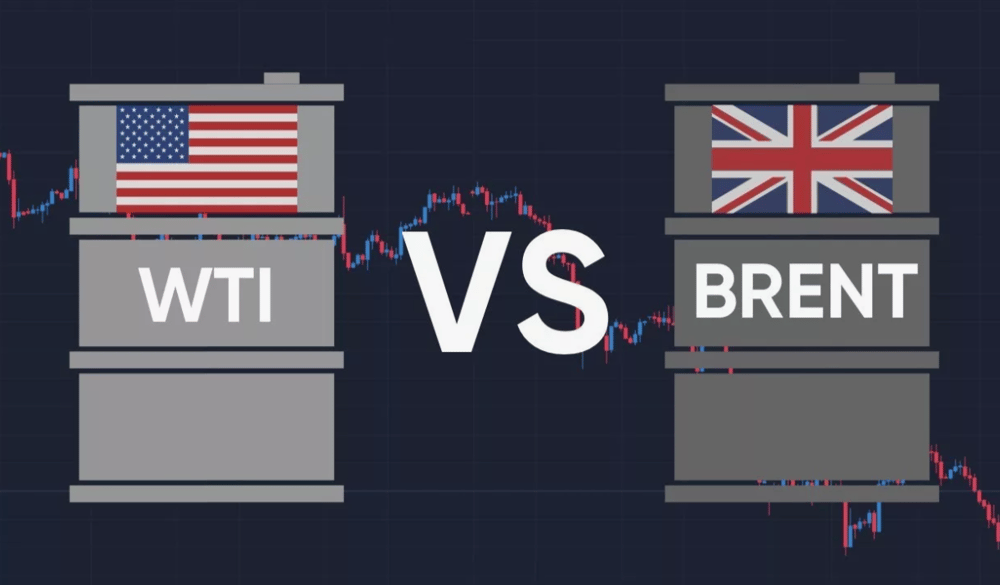Oil Prices Set for Weekly Gains After US-China Trade Talks Resume — Brent at $65.15, WTI at $63.17
Oil prices experienced a modest decline on Friday but were poised for their first weekly gain in three weeks following the resumption of trade negotiations between U.S. President Donald Trump and Chinese President Xi Jinping. This development rekindled hopes for increased demand growth from the world’s two largest economies, underpinning positive sentiment in global energy markets.
Trade Talks Influence Oil Futures Amid Market Volatility
Despite a small drop on Friday, futures for Brent crude and West Texas Intermediate (WTI) showed resilience over the week. Brent futures decreased by $0.19, or 0.3%, settling at $65.15 per barrel as of 04:41 GMT. Similarly, U.S. WTI crude fell by $0.20, or 0.3%, to $63.17 per barrel, following a 50-cent rise the previous day.
The weekly performance highlighted a tentative recovery after two consecutive weeks of declines, with Brent rising 2.1% and WTI gaining 4%. The optimism stemmed primarily from the renewed diplomatic engagement between Washington and Beijing, which traders interpreted as a signal toward easing trade tensions and a potential rebound in energy consumption.
The link between global economic health and oil demand is crucial; trade disputes have previously dampened industrial output and transportation, reducing oil consumption. Hence, any signs of progress in the U.S.-China talks could stimulate demand projections, influencing futures prices positively.

Key Facts
Brent crude price: $65.15 per barrel (down 0.3% on Friday)
WTI crude price: $63.17 per barrel (down 0.3% on Friday)
Weekly change: Brent up 2.1%, WTI up 4%
Catalyst: Resumption of US-China trade negotiations
Market context: First weekly gains after two weeks of losses
Economic significance: Oil demand linked to trade-driven economic activity
Market Response and Expert Commentary
Market participants reacted cautiously but positively to the resumption of high-level trade talks. Energy analysts underscored the importance of diplomatic progress in restoring confidence about global demand. The recent downtrend in oil prices reflected uncertainties about economic growth and industrial demand under the shadow of trade disputes.
Despite the slight retreat on Friday, the weekly uptick suggests that investors are factoring in the possibility of a breakthrough that would reduce tariff-related disruptions. The Brent and WTI futures markets are particularly sensitive to macroeconomic indicators and geopolitical developments, as these influence supply-demand fundamentals.
Traders also noted that while immediate price spikes were limited, the momentum generated this week could encourage further gains if trade negotiations yield tangible results. However, persistent risks such as potential setbacks or slow progress in talks keep the market wary.

Key Points
Oil prices dipped marginally on Friday amid ongoing market volatility.
Brent and WTI futures were on track for weekly gains — first rise in three weeks.
Renewed US-China trade talks are the main driver of improved market sentiment.
Oil demand expectations are closely tied to global economic health and trade relations.
Uncertainty remains, with markets reacting cautiously to geopolitical developments.
Trade Negotiations as a Crucial Factor for Oil Market Recovery
The recent uptick in Brent and WTI crude prices highlights the delicate balance between geopolitical tensions and economic fundamentals that define global oil markets. The resumption of trade talks between the U.S. and China injects a cautiously optimistic note into a sector that has been under pressure from demand concerns.
While Friday’s price decline shows that volatility persists, the weekly gains underscore the importance of diplomatic progress in shaping energy futures. Moving forward, investors will closely monitor developments in trade relations as a key determinant of oil demand and price trajectories.















Comments
Looks like renewed US-China talks are igniting a subtle yet promising spark in oil markets.
The renewed Trump-Xi dialogue feels like a refreshing spark of optimism for the oil market.